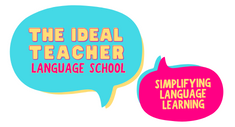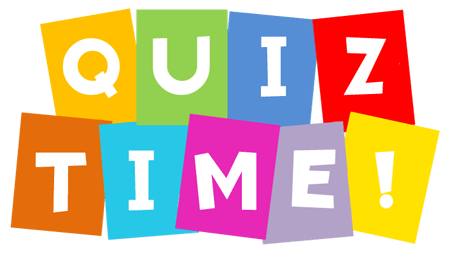Teaching Reflections from The Ideal Teacher’s Week – Week Beginning 23rd April 2018 In my current school, students don’t get a choice of the language that they take in Year 7 and they must continue with this same language (French,…
Month: April 2018
Reflective Practice in Teaching This week was the first week back to school for The Ideal Teacher after the Easter holidays and although it went quickly, it was pretty intense! I came straight home on Monday at 5pm and went…
The Emoji Mindmap Trend Last year, I saw Dannielle Warren using the Emoji Mindmap that she had put together from a Google image, which included a massive number of emojis to annotate on to recap and improve vocabulary, the idea…
How To Learn Vocabulary with Free Language Learning Apps – A Review/Comparison ‘Quizzes should be learning experiences for our students and we can make them into powerful ones’ (Fink, 2003) With the advent of the internet, it has never been…
The art of asking can be quite a daunting task for many in their own language, let alone a foreign language. This post aims to discuss why we need to know how to ask questions, provide a comprehensive explanation of…
Behaviour Management – Issues When I was doing my QTS training, one of the worries I often had was about classroom behaviour management strategies. I had loads of questions: ‘what if the students don’t listen?’ and ‘what if I can’t…
The Practice of Retrieval ‘When we think about learning, we typically focus on getting information into students’ heads. What if, instead, we focus on getting information out of students’ heads?’ (Agarwal, 2017) Whilst I feel the quotation is useful in introducing retrieval practice, which the…







